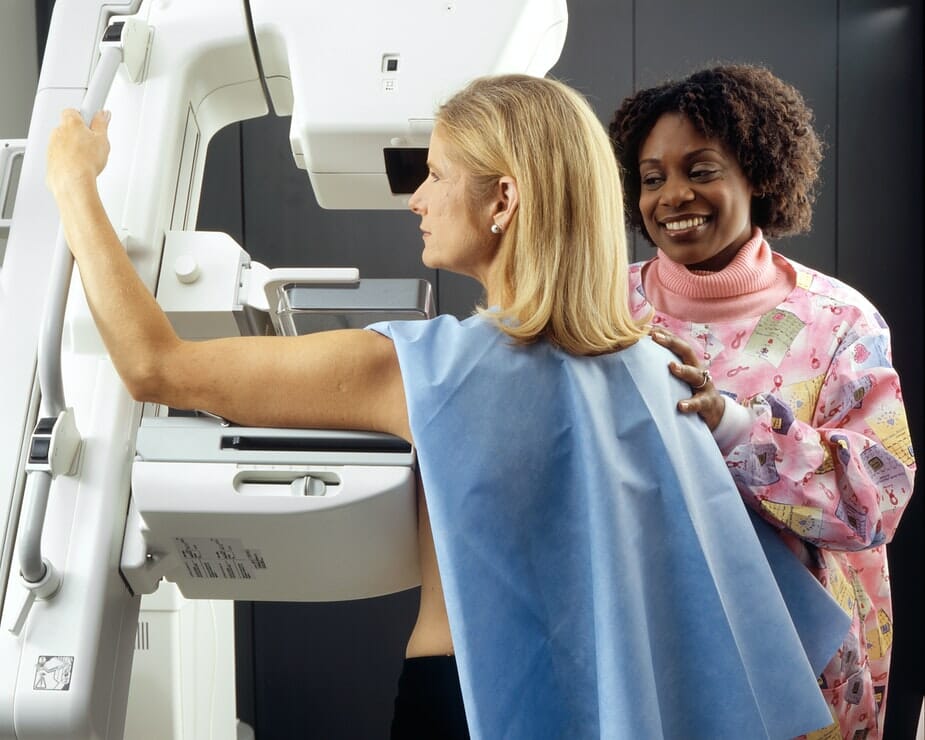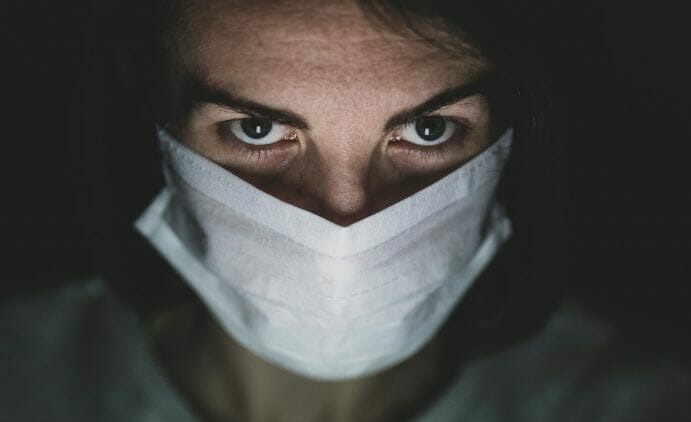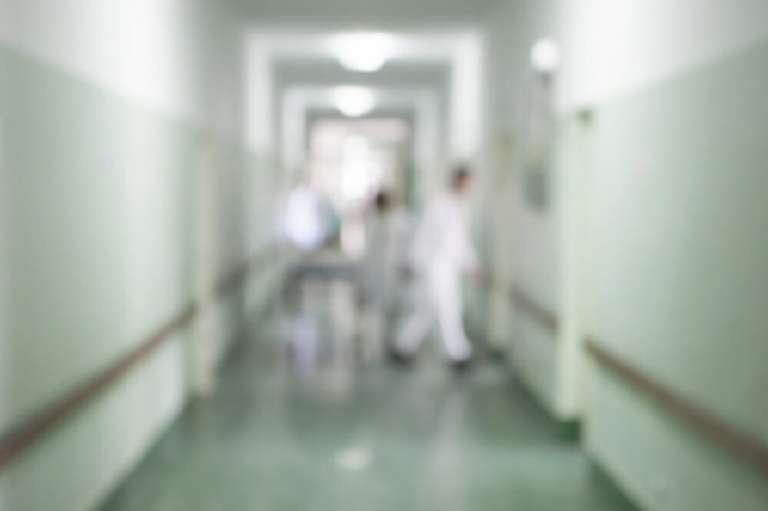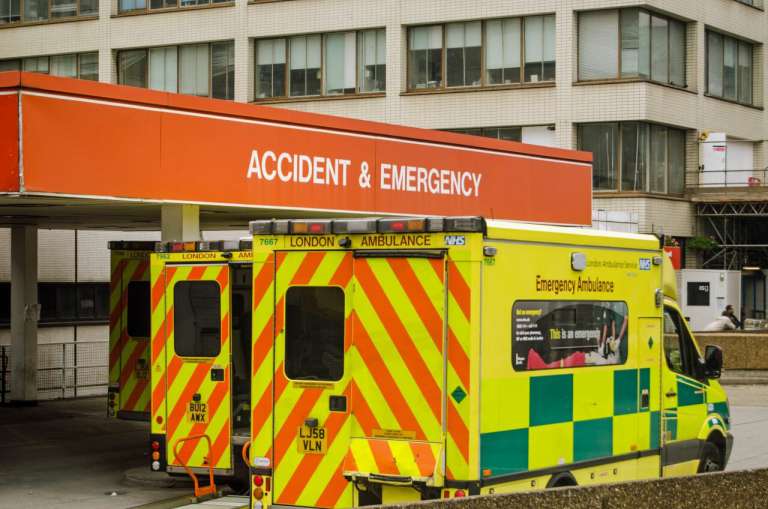Calls for the government to take action to stop unnecessary cancer deaths are rising. Here’s what you can do to help.
Cancer Kills
We know that cancer kills, and it can affect anybody. Prior to the pandemic, charities and the government went to great lengths to stop unnecessary cancer deaths. Regular screening and awareness campaigns played a large role in this.
Cancer Research UK statistics show that between 2015 and 2017 367,167 new cases of cancer were diagnosed. During the same time period there were 164,901 deaths because of cancer. In 2010 their figures show that the ten year survival rate was 50% and that in 2015 38% of cancer cases were preventable.
An Improving Picture
Despite the fact that cancer remains one of the top five causes of death for people in England, we have made significant progress over the years. The survival rate, prior to the pandemic, was at an all-time high. This includes a doubling of the survival rate over the last 40 years.
The NHS Long Term Plan, published in January 2019, aimed to make further improvements by 2028. Their goal would see 55,000 more people, survive their cancer, for at least five years after diagnosis. Key to achieving this goal, amongst other things, is increasing early detection. The aim is to increase this from half to three quarters.
Cancer Ignored During the Pandemic
Whilst the nation diverted its attention to deal with the threat of COVID-19, cancer did not stop. However, as Cancer Research UK point out, detection and treatment did.
The potential for a catastrophe now lingers. In the ten weeks of disruption up until June 2020, it was estimated that 2.1 million people missed screenings. By mid-July Professor Karol Sikora reported that the number was now closer to 3 million. These figures don’t even account for the hundreds of thousands, who despite having suspected symptoms, have not been referred for testing.
Scientists have said that a worst case scenario might see 35,000 additional cancer deaths within a year.
It’s worth recognising that all of this is in the background of the NHS rolling out a new policy in April 2020; The Faster Diagnosis Standard. A process to ensure that all patients referred for investigations, find out their results within 28 days. The success or failure of this process will not reflect the fact that many did not even get referred for investigations.
What you can do to Stop Unnecessary Cancer Deaths
- Know the signs. Know the symptoms. Seek treatment. The NHS is still open for business, so if there’s something your worried about, seek help as you normally would. We’ve written previously about some of the most common signs and symptoms of cancer.
- Contact your MP. The government have spent a lot of time and money over the last few months making sure that we all know the signs and symptoms of COVID-19. Many experts now believe that something similar is needed to kick start cancer treatment. An early day motion has been tabled in support of the Catch Up With Cancer Campaign. You can write to your MP and ask them to sign, to show their support.
- Sign a petition. Alternatively, you can sign a petition. Like the one which Craig and Mandy Russell started to ‘Stop unnecessary cancer deaths caused by the COVID disruptions and save thousands of lives’. They started the petition after their daughter, Kelly, died tragically of bowel cancer, at the age of 31. She died following the termination of her chemotherapy treatment as a result of COVID-19. They also back the Catch Up With Cancer campaign and signatories are asking Matt Hancock to boost cancer services at all stages, to prevent unnecessary cancer deaths.
How Pryers can help you
Pryers are here for you and your family when things go wrong. We have many years experience, representing people who have received substandard cancer treatment. Our experts will advise you for free if we can help you make a claim and whether we can make it on a no win no fee basis. Call us on 1904556600 or email us for a no obligation consultation.





